SCORECARD: Tinubu’s first year in office shows mix bag of results in taming Nigeria’s endemic corruption
One year ago, President Bola Ahmed Tinubu swore to “preserve, protect and defend the Constitution of the Federal Republic of Nigeria” at Eagles Square, Abuja, succeeding the then outgoing leader Muhammadu Buhari.
But unlike Mr Buhari, who rode to presidency on strong promises of tackling corruption, Mr Tinubu did not build his manifesto entirely around weeding out graft in governance. He played it safe, played it smart by dialling down expectations with little commitment to ending corruption which makes it hard to evaluate him for he can’t be held to account on promises he didn’t make.
In 12 months since assumption of office, Mr Tinubu with his Renewed Hope agenda has shown himself as a leader playing hot and cold in tackling corruption, the bane of Nigeria’s progress.
His first anti-graft misstep was appointing Atiku Bagudu, a man who aided former military dictator Sani Abacha to conceal hundreds of billions of naira from the nation’s coffers. Some of the loot had been repatriated by the UK, France, Switzerland and others.
Mr Bagudu, despite his widely documented affiliation with the late dictator, made Mr Tinubu’s cabinet cut as minister of budget and economic planning, leading Nigeria’s western allies such as the U.S. to think he was no better than Mr Buhari who blustered a war against corruption that he actually lacked the spunk to wage.
Comparing Mr Buhari’s administration against Mr Tinubu’s one year in office so far, The U.S. in its 2023 Country Reports on Human Rights Practices in Nigeria stated that Mr Bagudu’s ministerial appointment did not inspire confidence that Mr Tinubu would be any different from Mr Buhari who in his eight-year tenure parroted more fights against corruption than he actually fought, let alone, won.
Although Mr Tinubu turned a blind eye to Mr Bagudu’s previous transgressions, the same could not be said of humanitarian minister Betta Edu who was mired in a fraud scandal for authorising transfer of N585.2 million into a private individual account for vulnerable Nigerians and got suspended within days of the scandal dominating headlines.
Ms Edu’s suspension in early January sent shivers down the spines of Mr Tinubu’s cabinet members as if to signal the fate that awaited them should they toe the path of the humanitarian minister.
The suspension also highlighted the differences in Messrs Tinubu and Buhari’s approach to ending corruption. While the latter was a rabble rouser who blustered unfulfilled promises to bring down hell against tainted government officials, the former simply took actionable steps without making too much noise.
Mr Buhari did not so much as lift a finger to investigate alleged terror links to his communication minister, Isa Pantami, during his regime, allowing him to function in full ministerial capacity to collect digital information on citizens through the national identification number.
In his election manifesto, Mr Tinubu said he would “streamline the civil service to fight corruption, reduce bureaucracy in government agencies and decrease inefficiency and waste.”
Mr Tinubu, since sacking former Economic and Financial Crimes Commission chair Abdulrasheed Bawa, has given the commission under Ola Olukoyede free reins to run it and bring in for questioning any fraud suspect including prominent persons such as former Kogi State governor Yahaya Bello.
The EFCC launched a no-holds-barred investigation into the eight-year tenure of the ex-governor and discovered he used over N1 billion to make an advance payment of school fees of his children for the next five years.
EFCC was able to get a refund after contacting the American International School, Abuja, that the deposits in dollars for Mr Bello’s kids were in fact stolen from the

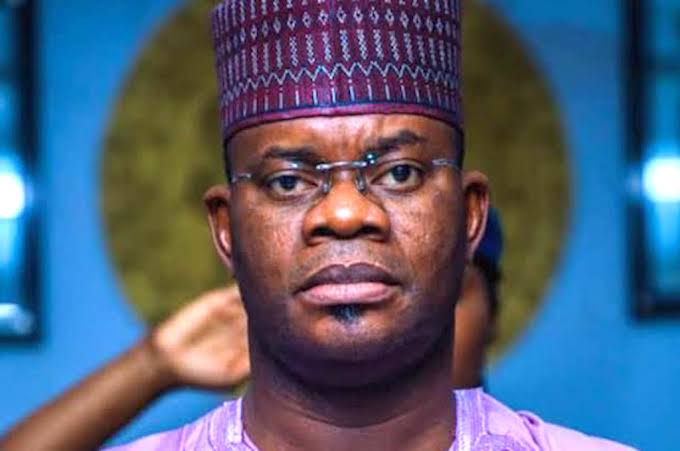
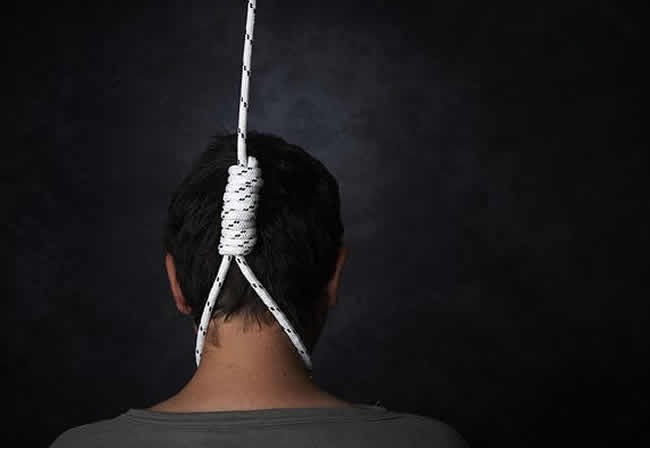
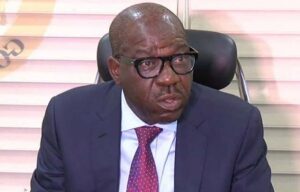

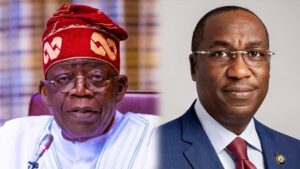

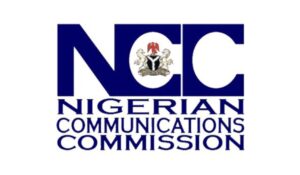
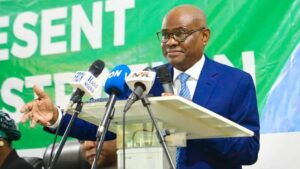




Post Comment